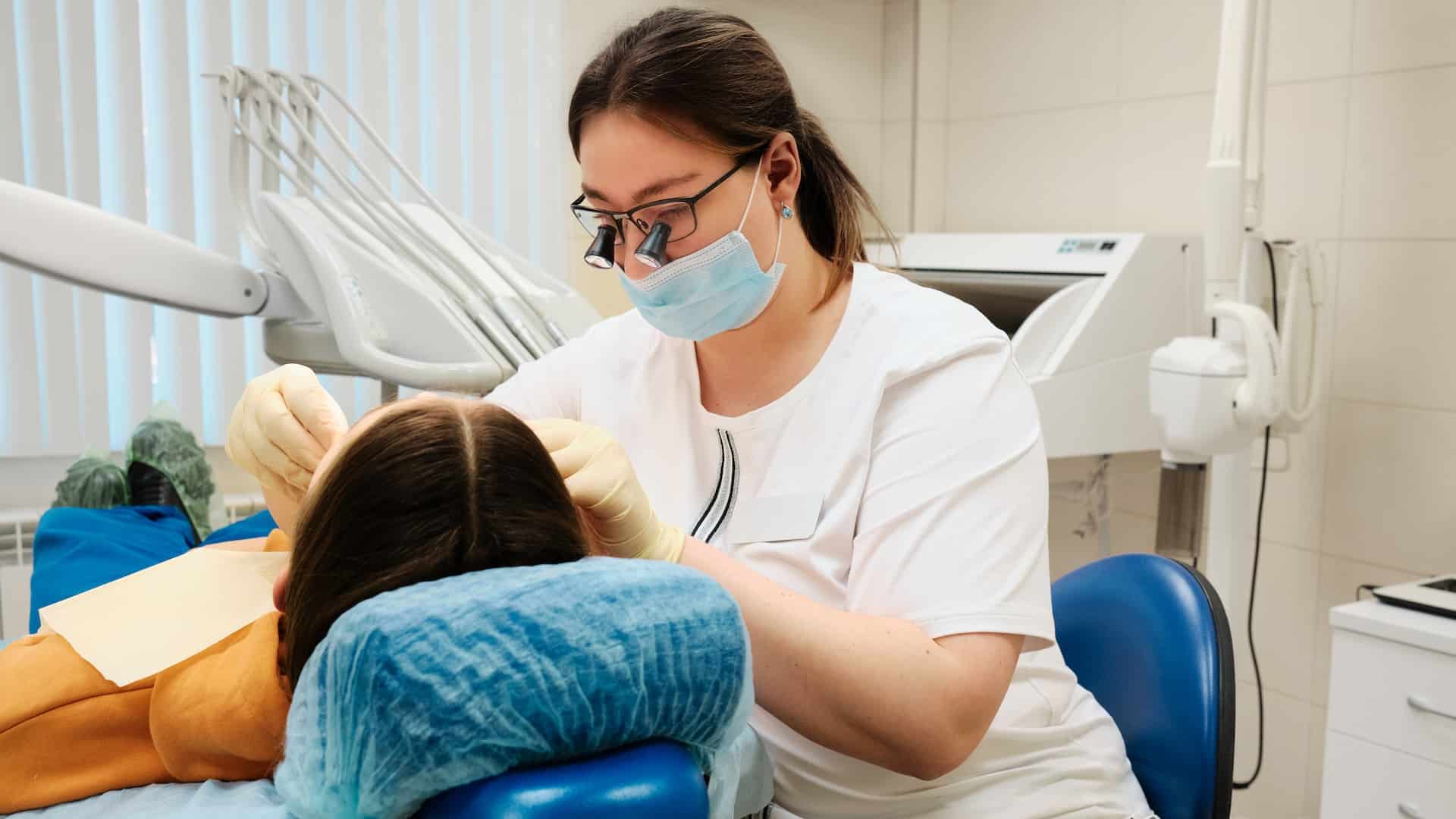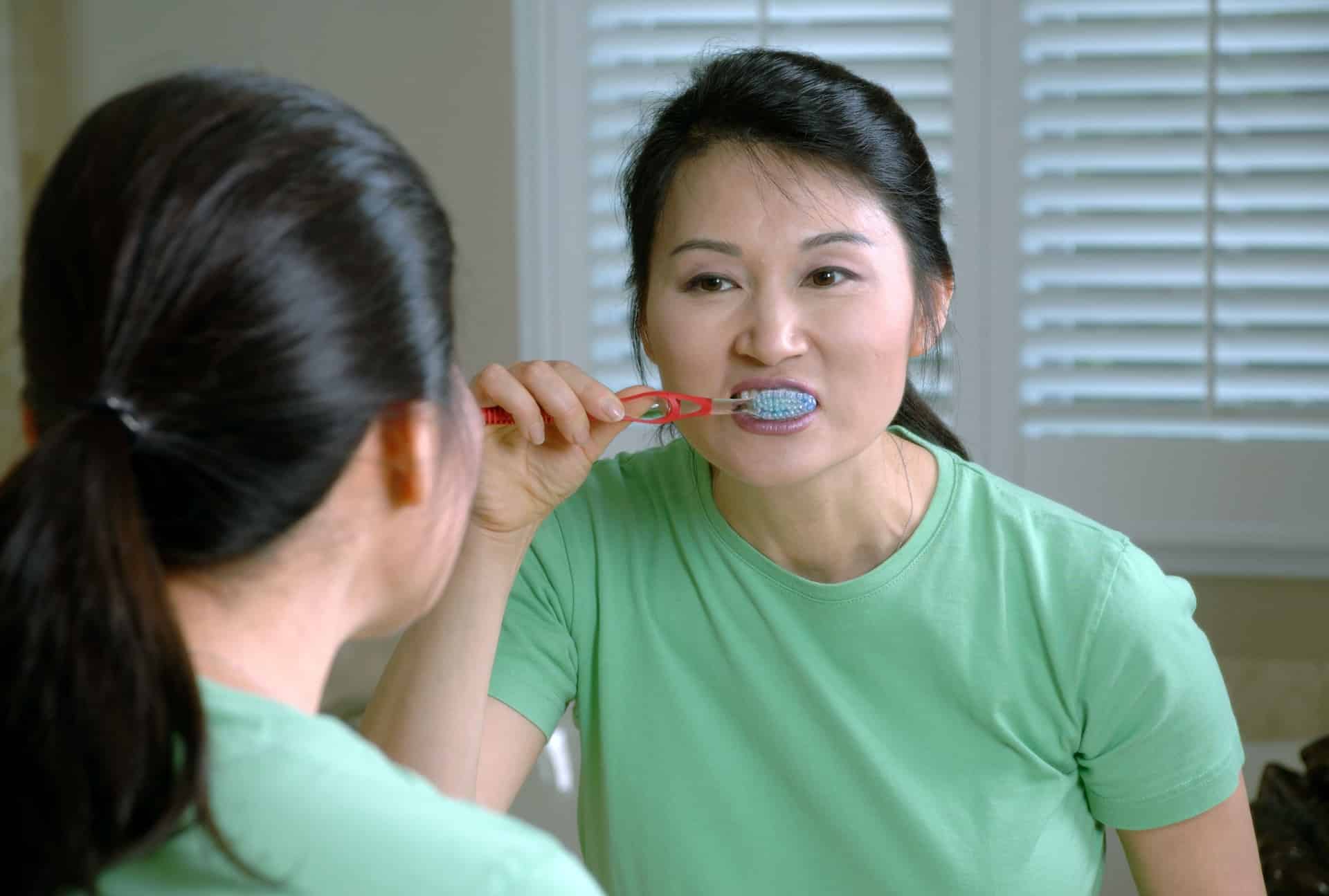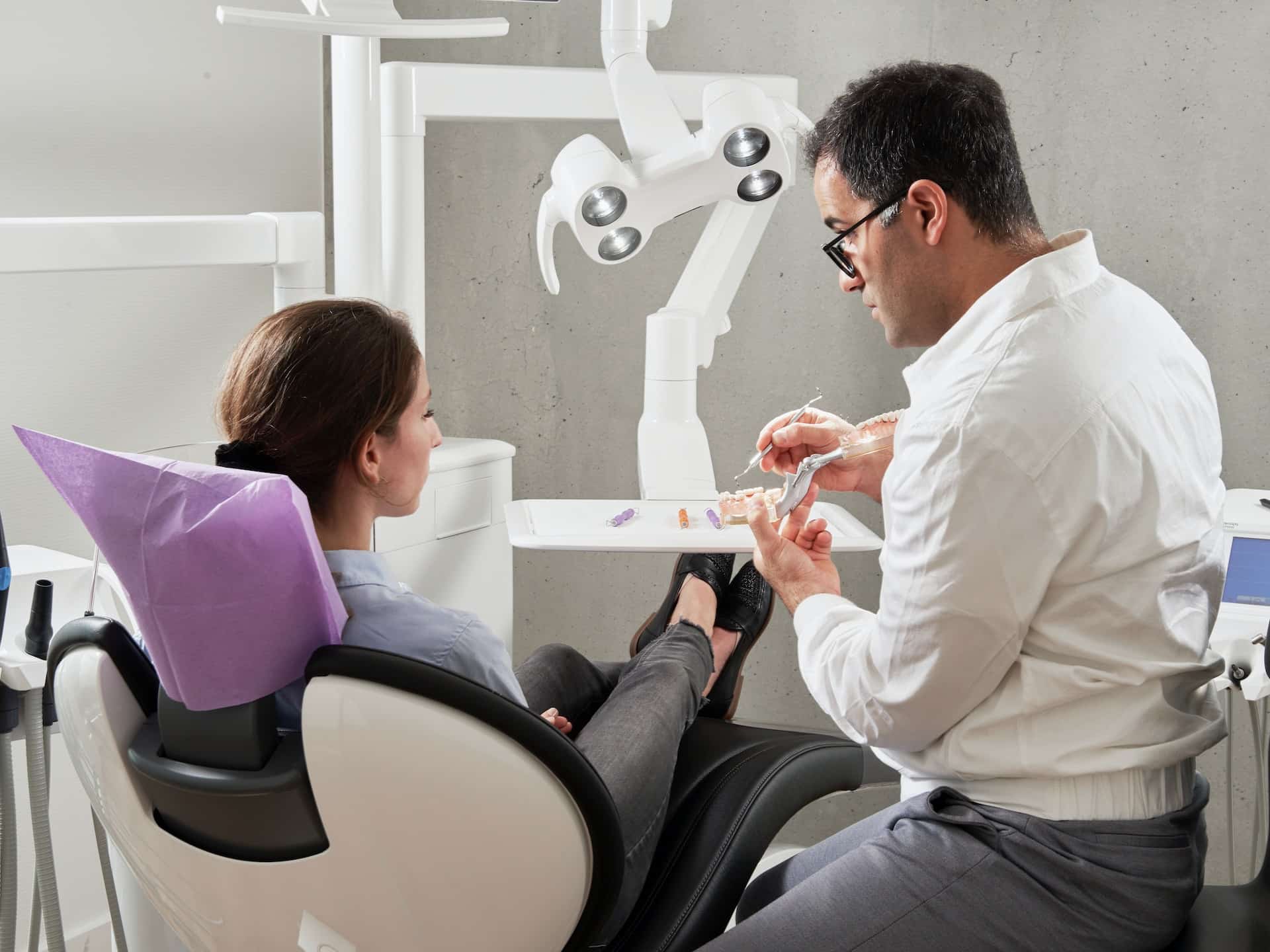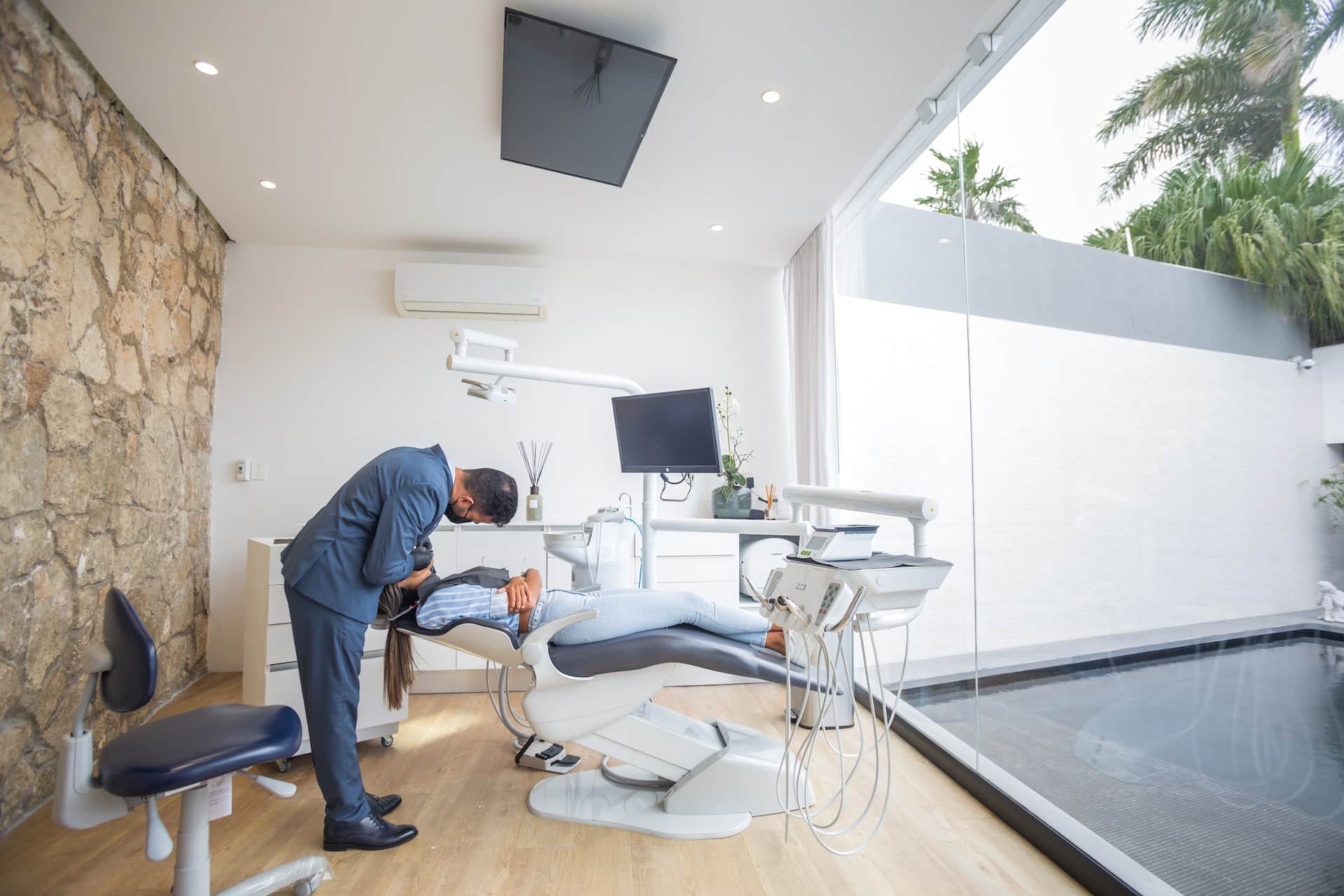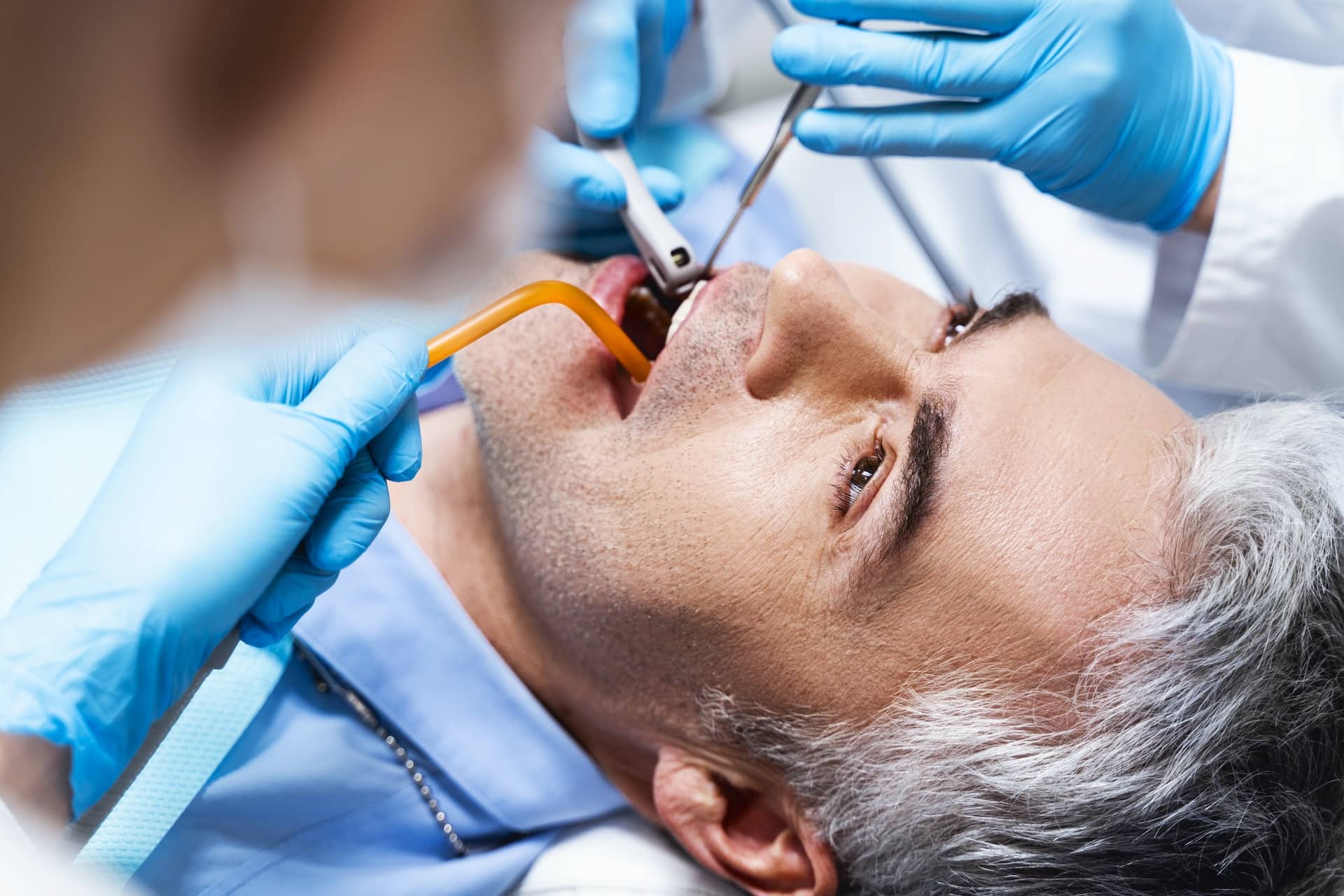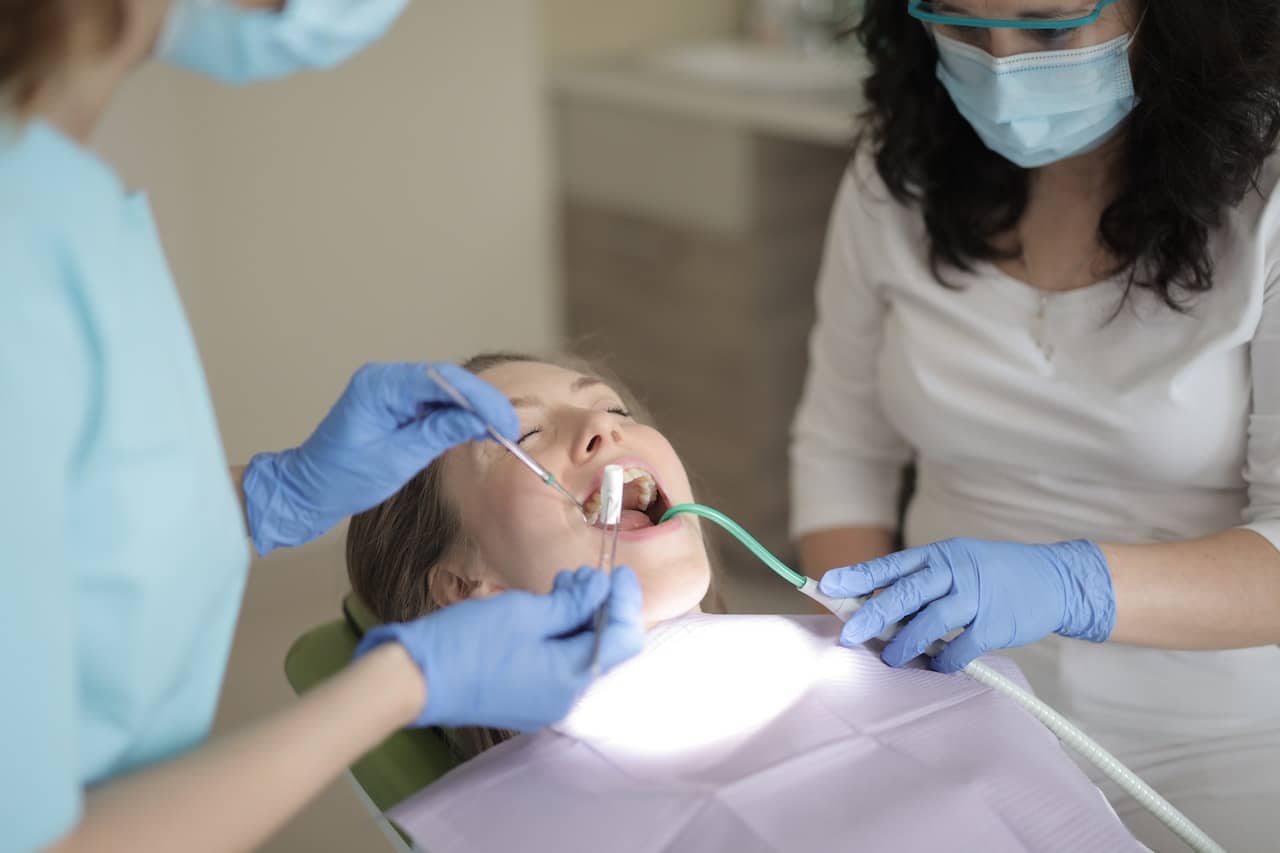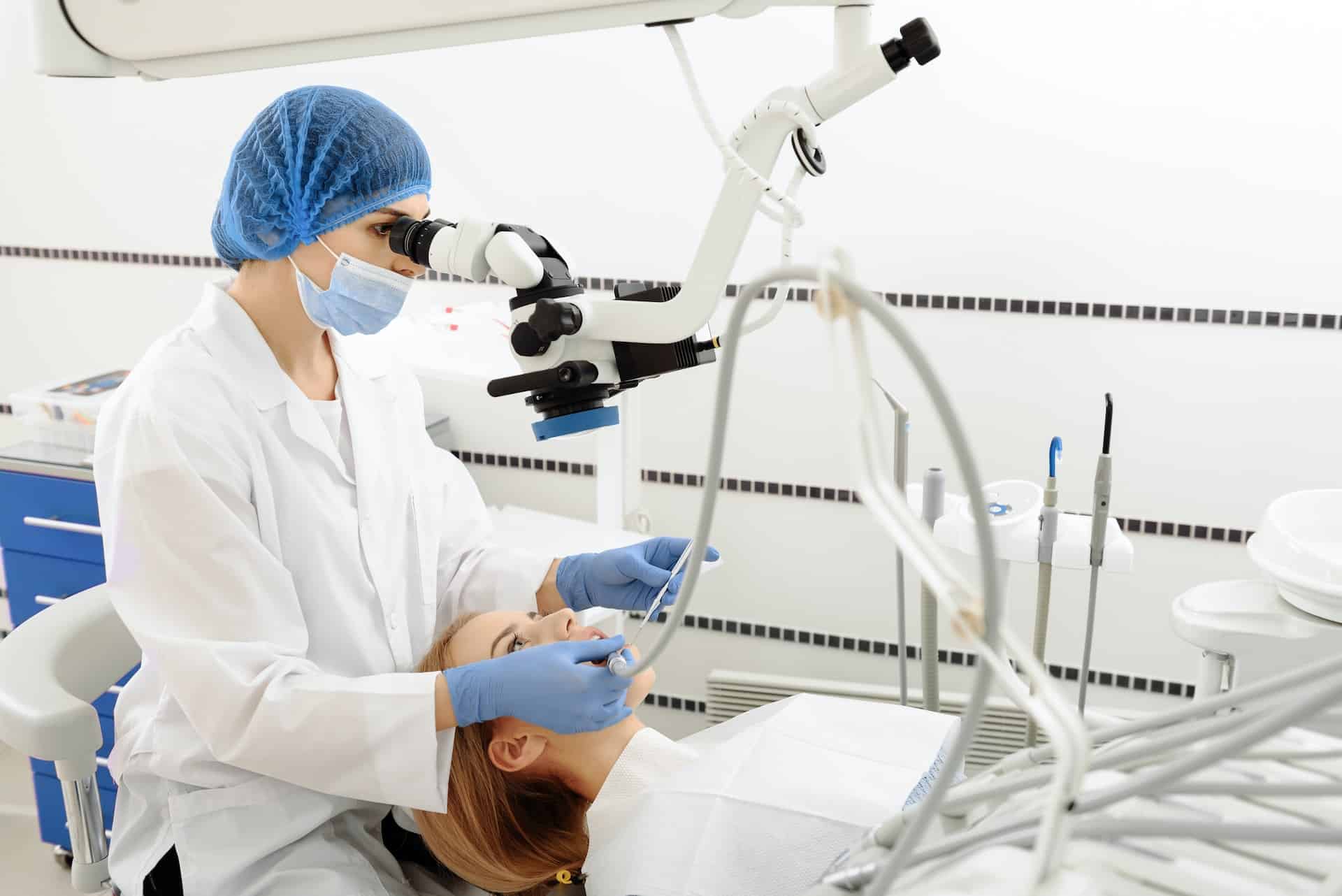Our teeth play a crucial role in our daily lives for various reasons. They help us consume food, which is necessary for survival, and articulate speech sounds, which is essential for communication. Teeth are also a part of our appearance and contribute to our self-confidence. Therefore, caring for our teeth is imperative to maintain our oral health.
Neglecting to care for our teeth can lead to problems such as cavities, gum disease, and tooth loss. These problems can be addressed through oral health treatments such as fillings, root canals, and extractions. However, in recent years, dental implants have gained popularity as a solution for tooth loss. Few people know how they work, so we will discuss the details in this article.
What Are Dental Implants?
Dental implants are artificial tooth roots surgically attached to the jawbone to support a prosthetic tooth or crown. They are made of biocompatible materials such as titanium, zirconium, porcelain, and ceramics, which are safe for the human body. Dental implants are a long-term solution for tooth loss as they are durable, stable, and can last many years.
The process of getting dental implants involves multiple steps and requires the expertise of a dental professional. The first step is assessing the patient’s oral health and determining if they are suitable for dental implants. Patients with gum disease or inadequate jawbone density may need additional treatments before getting dental implants.
Once the patient is deemed eligible for dental implants, the dentist will surgically place the implant into the jawbone. The implant, known as osseointegration, will then integrate with the bone over several months. Once the implant has fully integrated, a prosthetic tooth or crown will be attached.
How Often Should You Visit the Dentist for a Check-up?
Regular check-ups with a dentist are crucial for maintaining good oral health, especially for patients with dental implants. The frequency of check-ups may vary depending on the patient’s oral health and implant type. During the visit, one can expect to receive a thorough examination of the teeth, gums, and surrounding tissues. The dentist may also take X-rays to check for any underlying issues.
Patients with good oral health may only need to visit once a year for a check-up. However, patients with a history of gum disease or other oral health problems may need to come in for a check-up twice a year or more frequently. The dentist will evaluate the patient’s oral health and determine the appropriate frequency of check-ups.
Caring for Your Dental Implants
Proper care and maintenance of dental implants are essential to ensure their longevity and prevent future problems. Here are some tips for caring for your dental implants:
Use a Toothbrush with Soft Nylon Bristles
Using a toothbrush with soft nylon bristles is gentle on the gums and will not scratch the implant’s surface. You must also brush twice a day, using a circular motion to clean all surfaces of the teeth and gums.
Regular Flossing
Flossing is necessary to remove food particles and plaque between teeth and around the implant. Flossing at least once a day is recommended, using waxed floss or interdental brushes, though you can also do it twice daily for better results.
Never Use Abrasive Toothpaste
Abrasive toothpaste can scratch the implant’s surface and cause damage. Therefore, it is recommended to use non-abrasive toothpaste that is specifically designed for dental implants. You can check the RDA (relative dentin abrasivity) score to know if your toothpaste is abrasive or not. The ideal RDA score for toothpaste used on implants is below 70.
Avoid Eating Sticky or Hard Foods
Sticky or hard foods can put extra pressure on the implant and cause it to loosen or break. Therefore, avoiding chewing on hard candies, ice, or other hard objects is recommended. Also, sticky foods like caramel or chewing gum can stick to the implant and cause damage. If you do eat these foods, make sure to brush and floss your teeth thoroughly afterward.
Avoid Alcohol Consumption and Smoking
Alcohol consumption and smoking can harm dental implant success. Alcohol can interfere with the healing process and increase the risk of infection. Smoking can also delay healing and increase the risk of implant failure. Therefore, it is recommended to avoid alcohol consumption and smoking for at least the first few weeks after implant surgery. In the long-term, it’s best to quit smoking and alcohol for better overall health and dental implant success.
Visit Your Dentist Regularly
Above all else, you must visit your dentist for regular check-ups. Your dentist can monitor the health of your implant and detect any potential issues early on. They can also provide professional cleaning to remove any buildup of plaque or bacteria that may have accumulated around the implant.
Conclusion
Dental implants are a long-term solution for tooth loss and require proper care and maintenance to ensure longevity. Dental implants are only as good as the care you give them, so you must practice good oral hygiene and visit your dentist regularly. This way, your dental implants will remain strong, stable, and functional for as long as they can.
If you’re looking for dental implants in Pickering, Pickering Dental Services can help you! We understand the value of oral health, so we provide comprehensive dental care solutions to ensure your teeth remain healthy. Call us today at 905-420-1777 to schedule an appointment!

